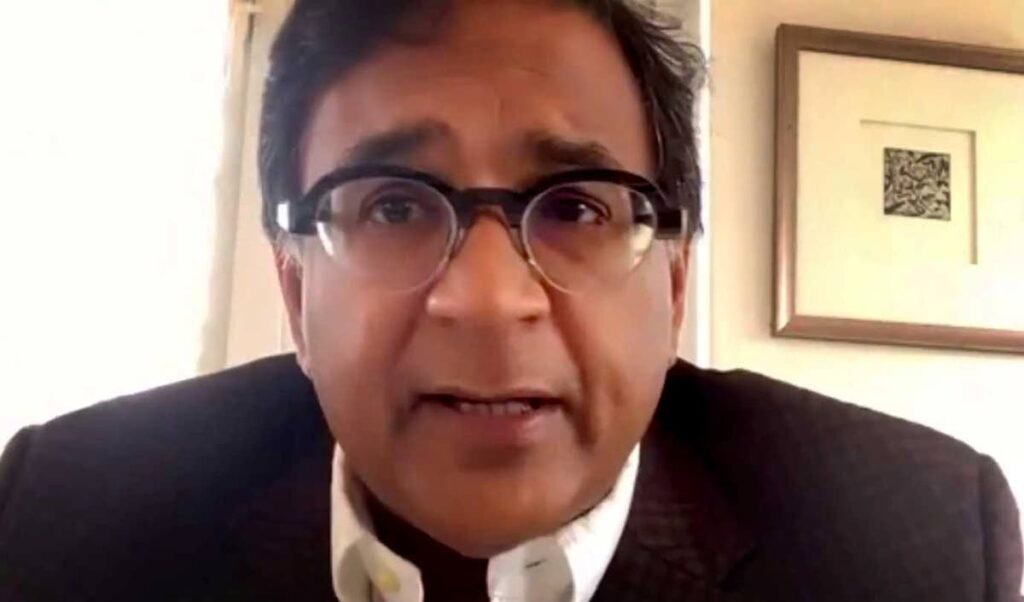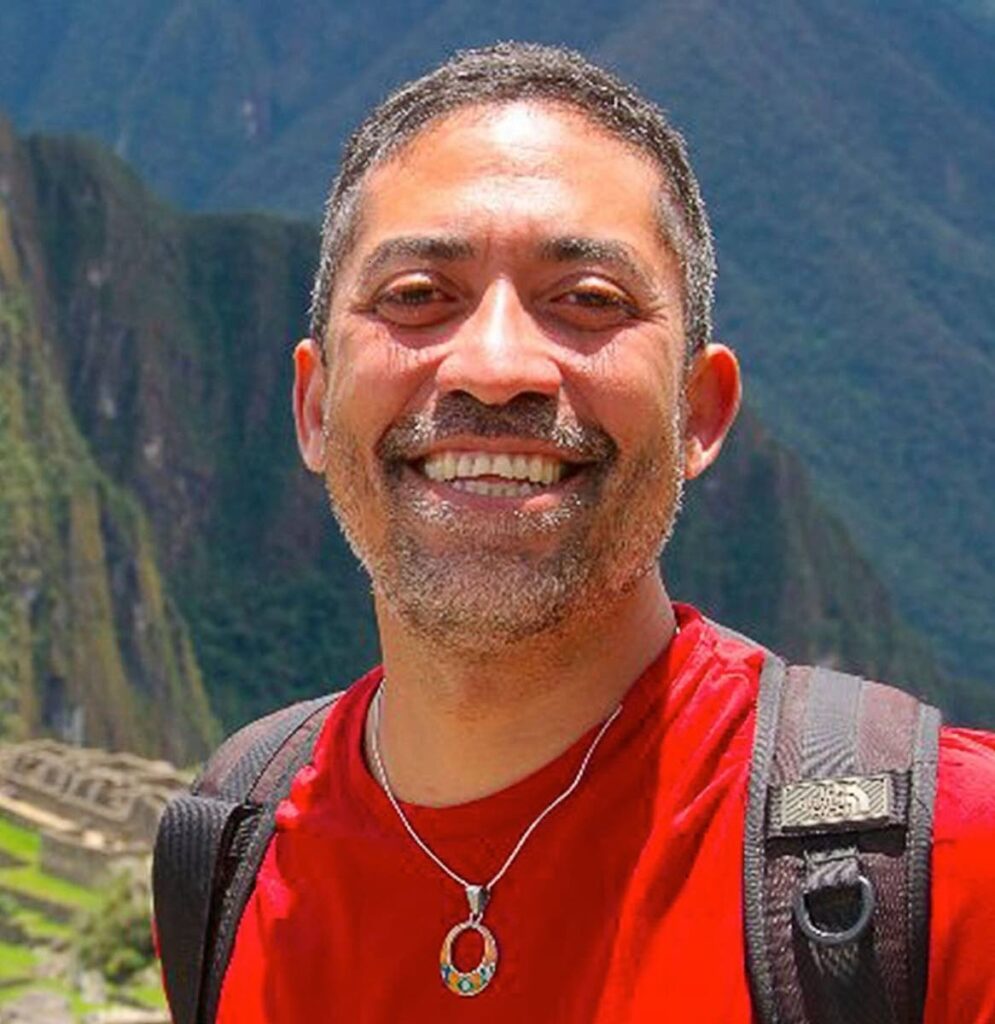Business
Mark Lyndersay
It was clear from the start of the conversation about the role of governance and national sovereignty in the metaverse, that there were far more questions than answers.
Vladimir Radunovic, director, e-diplomacy and cybersecurity programmes at the Diplo Foundation in Geneva summed up the problem: “Has the playing field been levelled between developed and developing countries? I’m not so sure.”
“If we want to be followers and consumers, that’s fine and we are on an equal footing, but if we want to be trendsetters and creators, then there is more that we need to do to enable us.
“Under the hood of the metaverse, we have the hardware, the servers, and we have the social networks, both of which have governance questions that we are still grappling with.
“There are a lot of questions about standards, but the question is, where will those standards be set?
“There is tremendous geopolitical pressure being brought to these deliberations.
“It’s not going to be like in the early days of the internet and I am not sure whether we can actually avoid governments being there, but that’s the reality.”
For Radunovic, all the conversations about decentralisation that the metaverse promises must be balanced against the reality of hosting, hardware and data transfer, where the hardware is overwhelmingly centralised, much of it in developed nations.
Radunovic also worries about the architecture of the metaverse because it is built on the internet, which as he noted, “Is already full of societal problems.”
Alan Emtage, the Barbadian who dreamed up Archie, the search engine of the pre-internet digital network, worries that, “The issues of working in a virtual world are are far more complicated than the real reality, where we have centuries of experience of precedent and infrastructure to build on.”
“This takes us in a whole new direction that we really don’t have a handle on quite yet.
“If people can interface with these new environments in ways that are familiar to them, they may be more accessible, but they are often being built by young people who have their own engagement with technology that can be somewhat incestuous.
Professor Avinash Persaud, chairman, Caricom Commission on the Economy, observed that some aspects of the current situation hearken back to historical precedents, specifically the Navigation Act of 1763, which limited trade between the colonies to those under British rule.
“Trade is happening increasingly on a small number of digital platforms (and) these are becoming the new empires,” Persaud said.
“How do we ensure that we do not become the subjects of these new empires? If all we do is end up being consumers of this new world, we will become subjects of a new empire?

“We are looking at the formation of oligopolies. Who is going to be the countervailing force?
“How do we make it possible for individuals to become producers on these new platforms?”
Lester Garcia of Meta called for more attention to standards development, industry-wide collaboration, public conversations about the metaverse and investment.
Specifically, he called on governments to address the data requirements of the new virtual worlds by improving the supporting infrastructure in the region, specifically noting the need to adopt 5G and WiFi 6E.
“The Americas are moving ahead with the adoption and use of the 6GHz spectrum,” Garcia said.
“We need technical decisions, 1200MHz of the 6GHz band will benefit users and markets in traversing to the metaverse.”
Meta will invest US$50 million in global research and programme partners and create a US$150 million creator fund to encourage people to build in the beta version of Horizon Worlds, the company’s VR platform.
The company will focus on four policy areas, economic opportunity and interoperability, safety and integrity, equity and inclusion, and privacy.
Meanwhile, the region lags in reaping the benefits of existing connections to the internet.
“Technology is very important to economic growth,” said Persaud, who is also special envoy to the prime minister of Barbados on investment and financial services.
“Technology change has contributed between one to two per cent of growth per year, (but) the very inconvenient truth is that the internet revolution, the computer revolution, has not changed that at all.

“We have not grown faster. We are still plodding along at one to two percent growth per year.
“Internet fuelled technology has been associated with concentrations of wealth, inequality in distribution, changes in where wealth is accumulated.
“We are seeing the growth of internet billionaires, but at the bottom, there isn’t any change, no lifting out of poverty.”
Barbados hopes to address that issue with a new project that was part of the re-election prospectus of Prime Minister Mia Mottley.
The MyEconomy project is supposed to provide tools for each citizen to participate and produce on digital platforms.
“We have to find active ways to leverage the new technologies to empower all of our people and democratise it,” said Persaud.
“We do believe that there are great opportunities for that to happen.”
But big questions remain.
How will island states respond to virtual exhibitions being hosted on their sovereign property after it is mapped and sold on virtual worlds?
How do we regulate the blockchain, NFTs, virtual money laundering and enforce labour laws in virtual realms?
Radunovic noted the question of identity.
“How do you verify (an individual’s) identity?
“How do you link an avatar to your real identity? How do we know if we are dealing with a human? Will we be using Captcha codes forever?
“As governments, we have to respond in a way that makes the technological revolution as progressive (and) as empowering as possible for everybody,” Persaud said.
“Just having it doesn’t change society for the better. One of the consequences of the internet (is the creation of) an unlimited supply of labour, which reduces the power of labour.
“(This is) good for consumers, but society has to think about how we organise these things so that we all benefit.”
Mark Lyndersay is the editor of TechNewsTT. This is the second report on a CTU webinar on the Caribbean presence in the metaverse on January 31, 2022. The first report appeared in the February 10 edition of Newsday’s Business Day.
